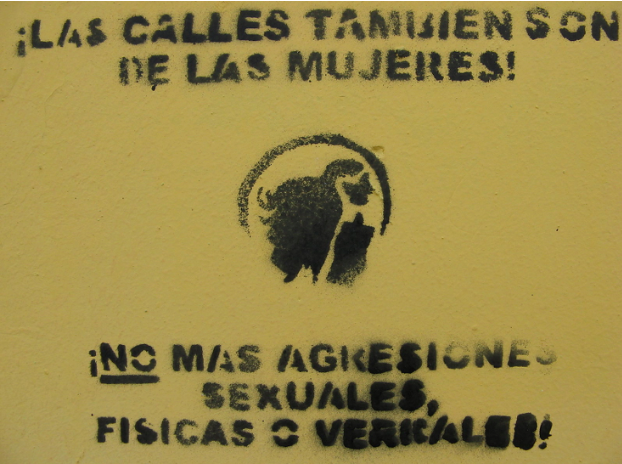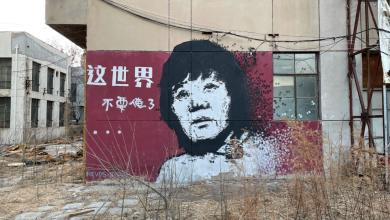When ‘NO’ is Not Enough
“Only 24 percent of reported femicides and rapes of women are investigated in Mexico while 1.6 percent actually led to sentencing.”
In the wake of the disappearance of 43 students from Ayotzinapa Normal School in the city of Iguala, Guerrero that sparked massive movements across Mexico, more light has been shed on the violence occurring within the country. The National Citizen Femicide Observatory recently found that six women are killed everyday in Mexico, according to the Huffington Post.
The killings have been the result of the same patriarchal system that allows for the rape and kidnappings of women. The lack of respect for women bodies becomes apparent in the statistics and in the personal narratives of women who have been attacked for walking down the street in an outfit someone thought was reason enough to claim her.
Sadly, the women who do manage to escape their attackers and report their experiences to law enforcement face backlash from the authorities due to preconceived prejudices about women asking to be the victims. Like in other parts of the world, the blame is directed towards the women. As a result, only 24 percent of reported femicides and rapes of women are investigated in Mexico while 1.6 percent actually lead to sentencing.
There is a fear in all women who are aware in walking alone at night. We are often told as children that it wasn’t safe to wander the streets alone because we were a target for rapists. But for other women, there is also fear in the home or in their romantic relationships where sexual violence can result in their deaths.
66 percent of the time, women are attacked by the men in their family, a boyfriend or father in-law who feel like they have power over her body. Women in situations like these know that the authorities are not likely to help because they will tell her she was asking for it, or it was her fault for stepping out of line.
In Mexican culture there is popular saying for young women that goes “calladita, te vez mas bonita” (“you look prettier when you’re quiet”). Hence, the support is hardly extended to the victim, and even less so when her attacker is a member of her family.
It expected that women be submissive to the men in the lives, which leads to violent abuse in the household. The notion that women are inferior to men allows for attackers to get away with their actions in the eyes of law or never be reported to authorities in the first place.
There is a myth about machismo within the Mexican culture, that sexism against is highly ingrained into the men. Although sexism does exist just like in most other countries, it is not higher or a special kind of sexism exclusive to Mexico.
In comparison to Mexico, about 9 women are killed daily in the United States, and women only consist of 23 percent of murder victims but are substantially more likely than men to be killed by someone they know. These numbers are always much higher for women of color who are more likely to be raped or killed than white women.
Similarly in Mexico, race is a factor that plays into whether a woman might be attacked or not. Unfortunately, indigenous women are at higher risk for attack globally. A study executed by the United Nations concluded that indigenous women are more like to be raped than other women due to rampant racism in the country.
In the micro sense, racialized tensions dictate the chances of being attacked on the street or in the home. But this story, like the one of the town of Nigeria where 2,000 people have been killed, has not been gaining much coverage from the press. Could it be because the people being affected are of color therefore less significant?
Race along with gender could be a factor that significantly shapes how often and to what extent this issue is reported around the world. The global attention it is currently receiving is not sufficient and its lack of coverage signifies diminished importance of the Mexican women who lost their lives. It is rare that mass media outlets will cover how 6 women are killed on a daily basis while the 12 journalists from Charlie Hebdo who were killed for their political satire gained recognition during the Golden Globes.
It is crucial that these problems are given recognition globally, no matter what the race of the victim may be, in order to tackle misogyny at its core. It is not enough to handle these cases without thinking about the insignificance that women are granted by their governments and their own families.





